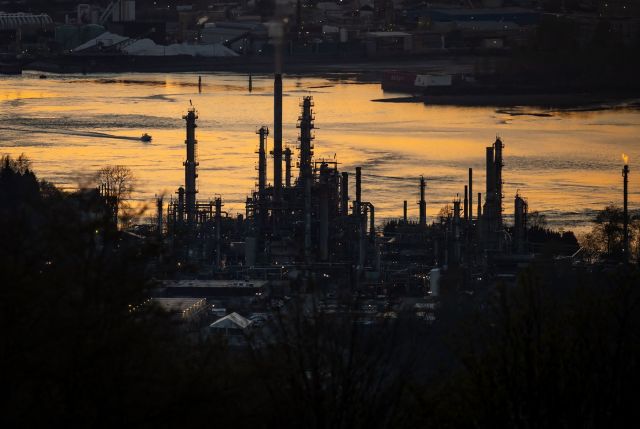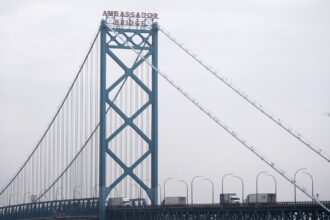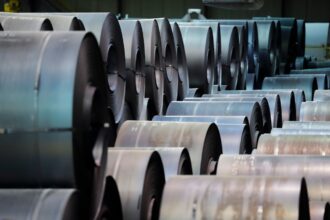Sunoco-Parkland Deal Faces Canadian Government Scrutiny Amid Rising Economic Nationalism
The bustling gas station at West 4th and Macdonald in Vancouver looks unremarkable today, but it stands at the intersection of an international business drama that could reshape North America’s fuel retail landscape. Parkland Corporation’s ambitious $1.8-billion bid to acquire 525 Sunoco gas stations has collided with Ottawa’s intensifying scrutiny of foreign investments in Canadian resources.
Industry analysts are watching closely as the proposed deal—which would expand Calgary-based Parkland’s U.S. footprint while divesting Canadian assets to Texas-based Sunoco—navigates regulatory hurdles amid escalating Canada-U.S. trade tensions.
“This transaction represents a complex shift in North American energy retail ownership at precisely the moment when resource nationalism is resurging,” explains David Detomasi, associate professor at Queen’s University’s Smith School of Business. “The review signals Canada’s growing wariness about foreign control over domestic infrastructure and supply chains.”
The Investment Canada Act review comes as little surprise to market watchers. The government’s intensified scrutiny of foreign investments, particularly in critical minerals and energy sectors, reflects mounting concerns about economic security. The Parkland-Sunoco deal isn’t just about gas stations—it represents a strategic reconfiguration of energy retail networks connecting two increasingly protective economies.
Data from Statistics Canada reveals the stakes: Canada-U.S. bilateral trade reached nearly $1 trillion last year, with energy products accounting for over $118 billion. Yet this deep economic integration is showing strain under policies like Biden’s Inflation Reduction Act and Canada’s counter-measures to protect domestic industries.
Parkland’s CEO, Bob Espey, maintains the transaction benefits both companies strategically. “This acquisition accelerates our U.S. growth strategy while optimizing our Canadian network,” Espey stated during the announcement call. “We’re confident the regulatory review will recognize these mutual advantages.”
Energy economist Peter Tertzakian notes the deal’s symbolic timing: “We’re witnessing the most significant recalibration of North American economic integration since NAFTA. Every cross-border transaction now carries political freight beyond its business fundamentals.”
For consumers, the implications remain unclear. While Parkland promises service continuity at Canadian locations transferring to Sunoco, questions linger about pricing strategies and supply chain stability in an increasingly fragmented North American market.
The federal government’s review could extend into mid-2024, creating uncertainty for shareholders and employees alike. Industry consolidation has already transformed Canada’s fuel retail sector, with major oil companies like Imperial and Shell reducing direct ownership of gas stations while regional players expand.
The outcome of this review may establish precedent for future cross-border energy transactions. As resource nationalism gains momentum globally, will Canada prioritize domestic control or remain open to North American integration? The answer may begin at your local gas pump.
For deeper analysis of energy market trends, visit CO24 Business or follow breaking developments at CO24 Breaking News.










